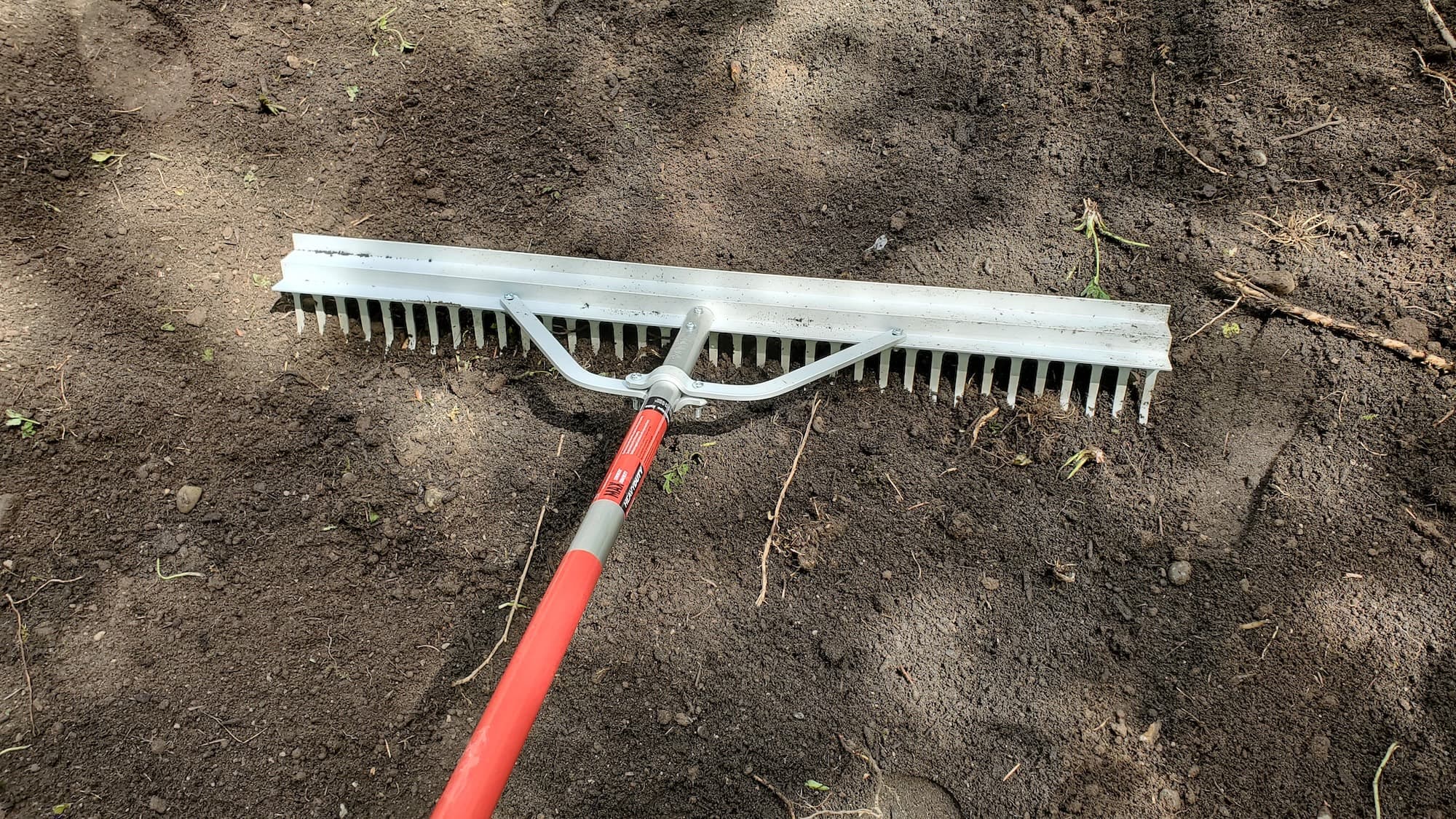Gravel Gravel Driveway Resurfacing
Homeowner’s Issue
Gravel driveways in Gravel face a predictable set of challenges: heavy seasonal rain, clay-rich soils that compact and channel water, shade that encourages moss, and fast-spreading weeds in low spots. Many yards are on gentle slopes or near gullies, so rutting and washouts show up after a few winter storms. Sun exposure varies block to block, so one side of a driveway may be dry and dusty while the other stays damp and fosters moss and potholes.
Homeowners here want a surface that drains well, needs less constant topping up, and looks tidy from the street. Curb appeal matters in neighborhoods near Discovery Park or Beacon Hill, but so does sustainability — natural materials and low-impact methods are preferred. Typical needs include better edging to hold gravel in place, correcting cross-slope drainage, and choosing a gravel mix that resists compaction while letting water percolate. We address these local soil, slope, and weather issues with durable, low-maintenance solutions that avoid herbicides and favor long-term performance.
Our Quality Service
We resurface gravel driveways with sustainable practices tailored to Gravel conditions. After a thorough assessment we remove invasive weeds by hand, regrade problem ruts, and install a recommended gravel mix that improves percolation and resists displacement. Where needed we add edging, landscape fabric, or small drainage channels to redirect runoff and prevent washouts.
Benefits include safer, even surfaces; improved curb appeal; reduced ongoing maintenance; and better groundwater recharge. Our approach respects Seattle-area storm patterns and local soils, using only mechanical and organic methods — no herbicides.
What’s Included
- Site assessment and grading
- Hand removal of weeds and debris
- Addition of fresh gravel and compaction
- Edge installation (timber, steel, or polymer)
- Basic surface shaping for drainage
- Cleanup and haul-away of excess material
Options / Upgrades:
- Landscape fabric underlay for high-weed zones
- Additional gravel depth for heavy-traffic areas
- French drain installation or shallow swales for persistent pooling
- Green-bin compost haul-away vs. standard disposal
Before & After / Expectations
Expect some noise and truck activity on service day and light residual dust for 24–48 hours. Access should be clear for delivery trucks; narrow alleys or steep driveways may require a short walk-in or extra labor time. We leave your property tidy and will advise on immediate post-install care.
Care tips for Gravel yards:
- Lightly top up low spots each spring
- Rake high-traffic ruts and re-compact as needed
- Keep adjacent vegetation trimmed to reduce leaf buildup and moss
- Avoid herbicides; pull weeds early and use organic mulch where practical
FAQs
How long does resurfacing take?
Most residential driveways are done in a day; larger or complex drainage fixes may take 1–2 days.
Will this stop water pooling?
We address common causes — regrading, added gravel, and optional French drains reduce pooling but long-term drainage depends on site grade and runoff paths.
Do you use herbicides?
No. We use manual removal, landscape fabric, and organic methods only.
Is special access required?
Driveway access for a delivery truck and a short clear path for crew tools is preferred. Tight access may add time.
Call to Action
Gravel homeowners: book a free estimate and get a clear plan for a low-maintenance, durable driveway. We schedule quickly, work sustainably, and know local conditions from Discovery Park to Beacon Hill. Email neatandtidyseattle@gmail.com for a prompt quote and reliable results.
📧 neatandtidyseattle@gmail.com
📞 206-538-9344
Mon–Sun: 9am–6pm
🔒 Licensed • Bonded • Insured










